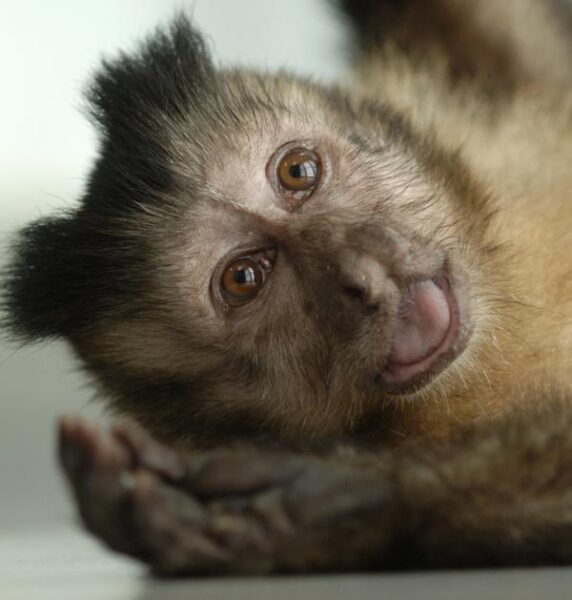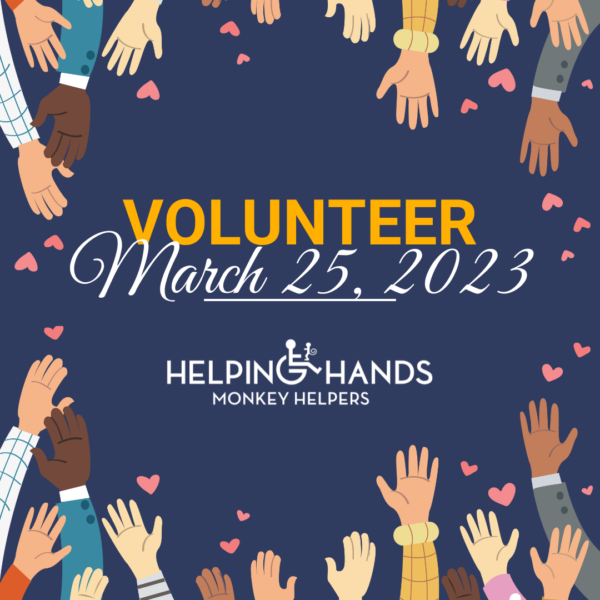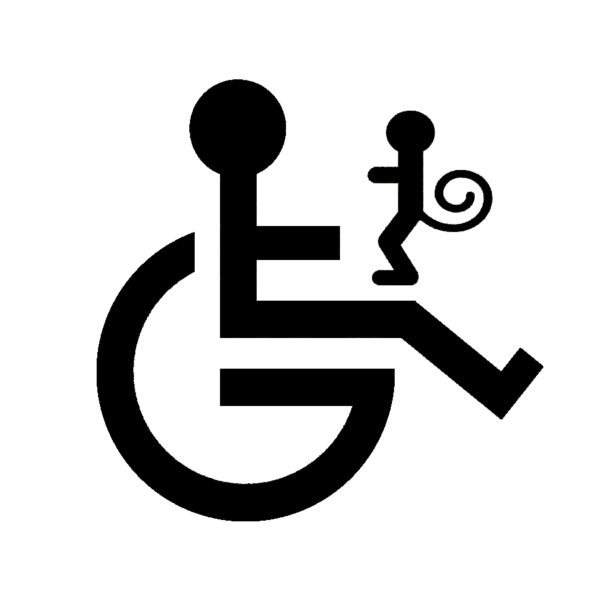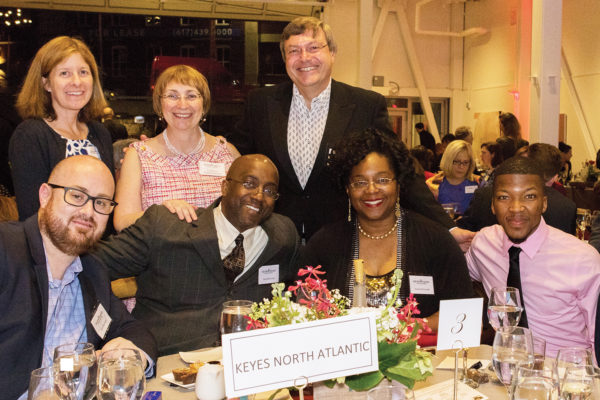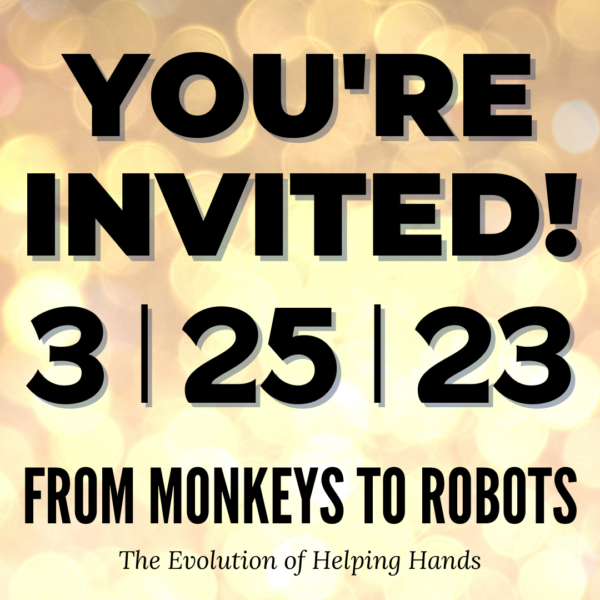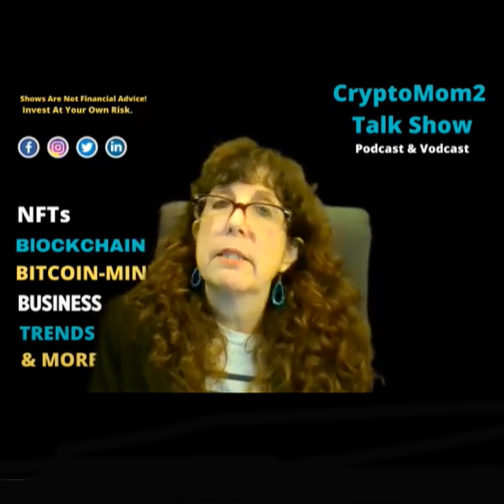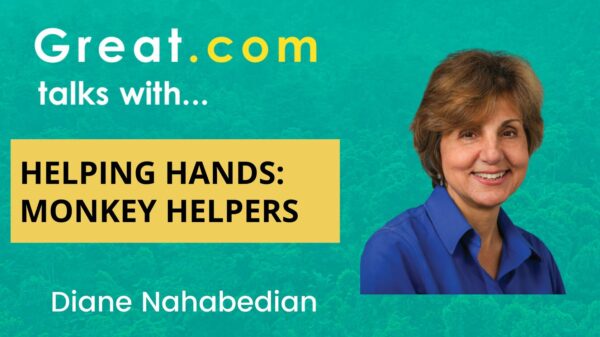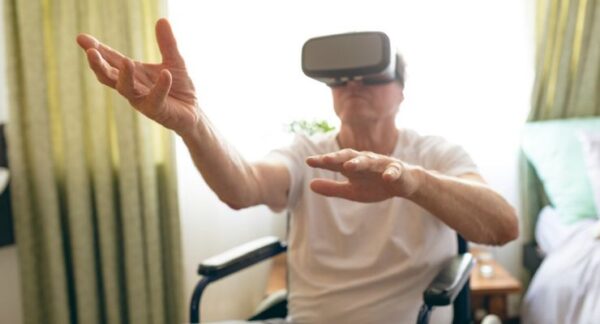
Envisioning Access Pioneers Technological Breakthroughs for People with Physical Disabilities
At Envisioning Access Inc., a Boston, MA based 501 C3 nonprofit organization founded in 1979, we know that the best person to influence the development of new medical products coming on the market are the individuals who will use them. Envisioning Access, formerly known as Helping Hands: Monkey Helpers, was founded originally to assist those living with physical disabilities by providing trained capuchin monkeys as service animals to assist with daily living needs. We ceased training and placing the capuchin in homes as of 2021 due to regulatory, market, and technology changes.




